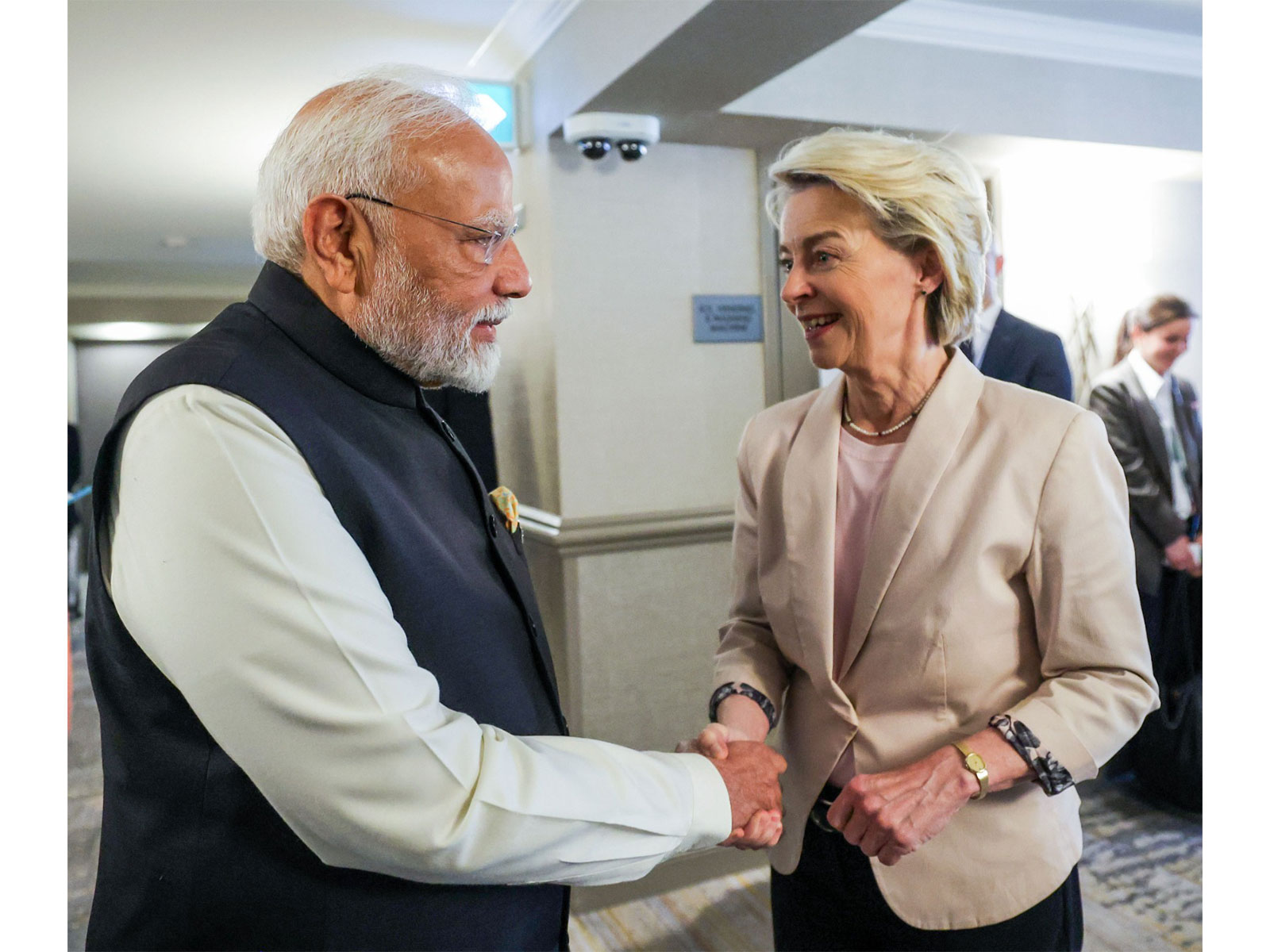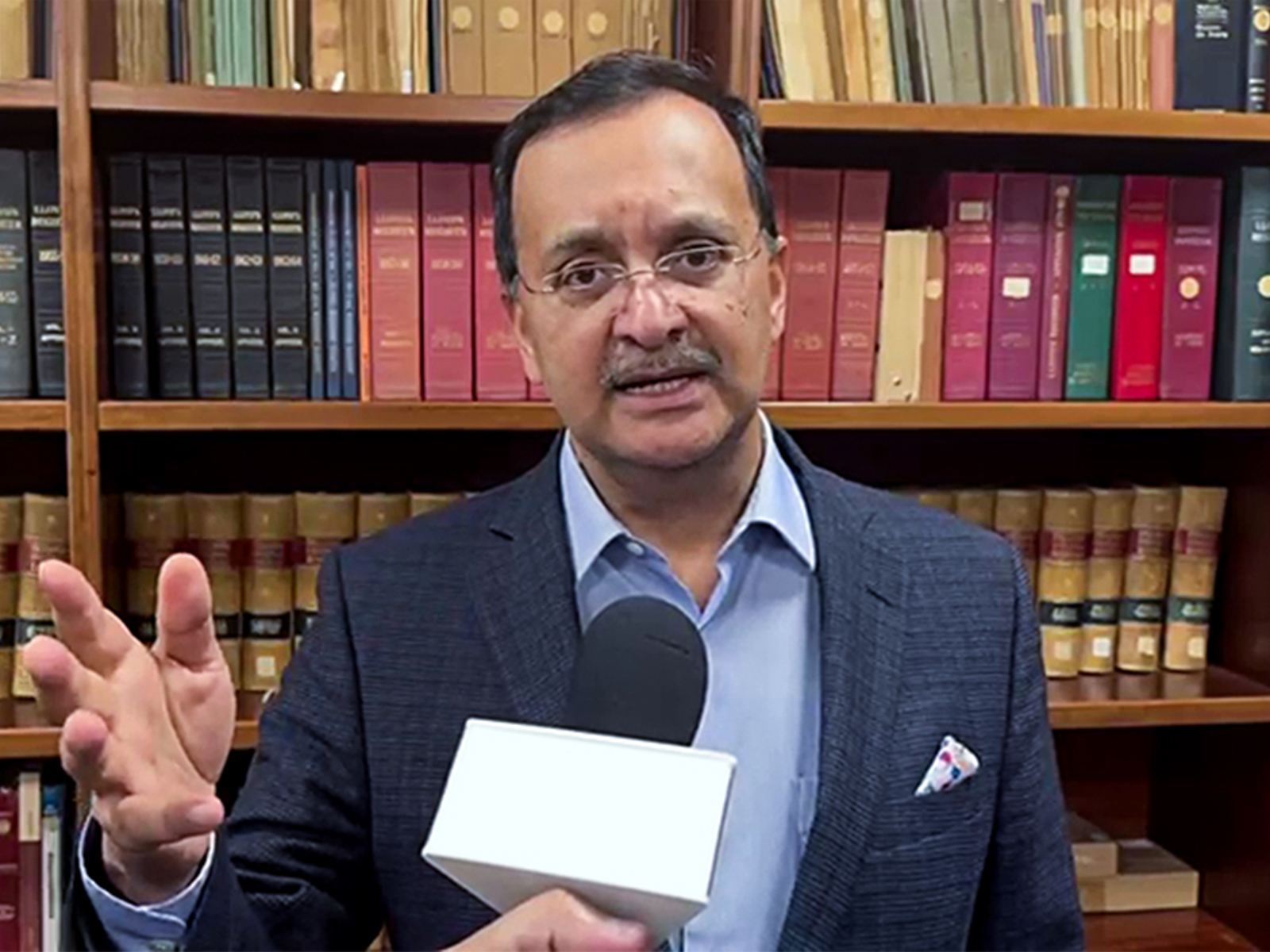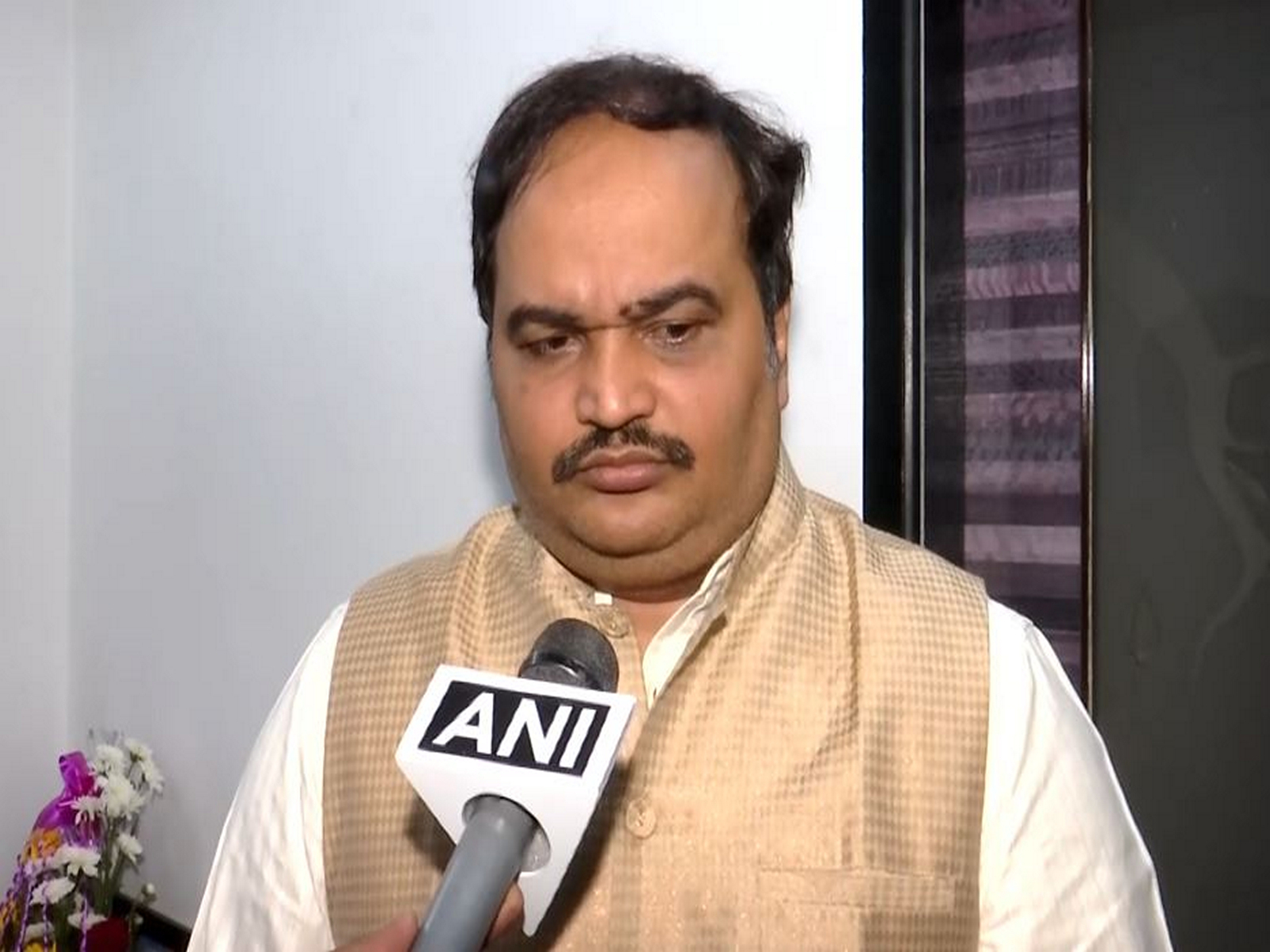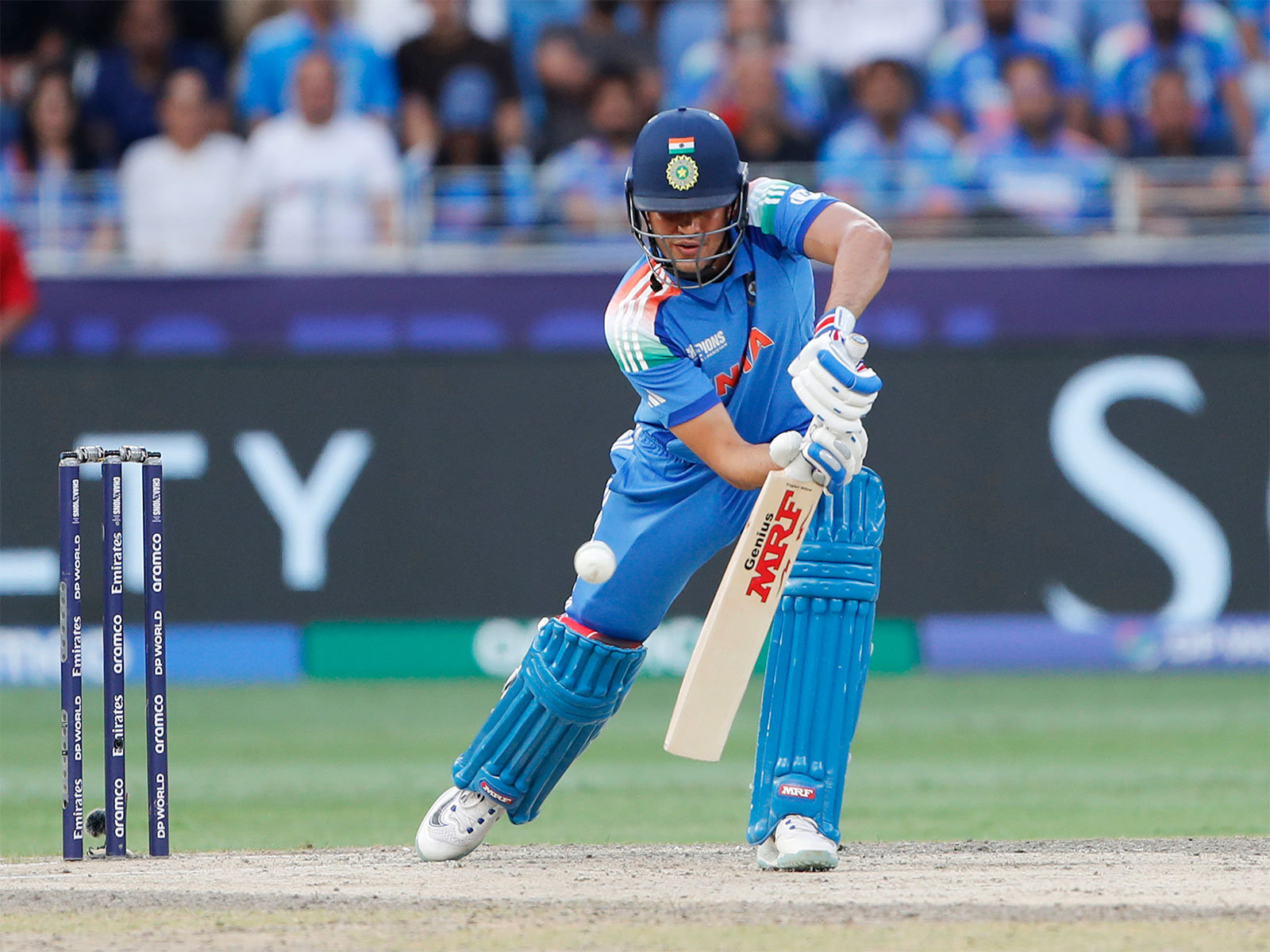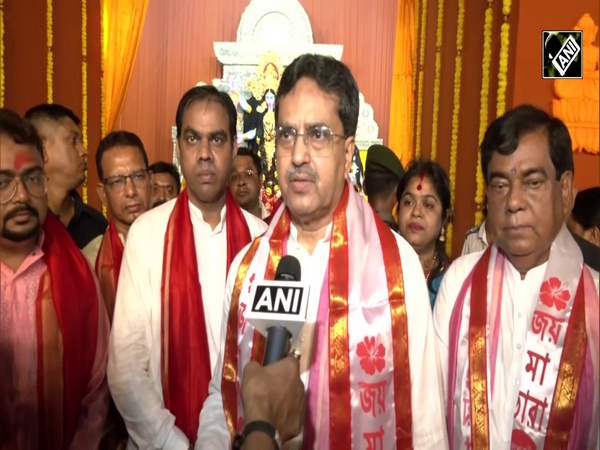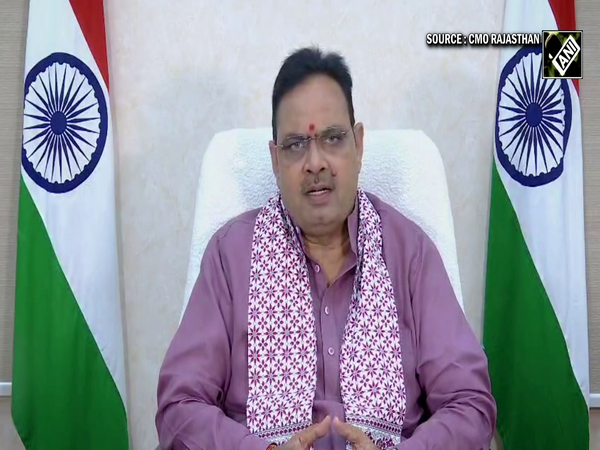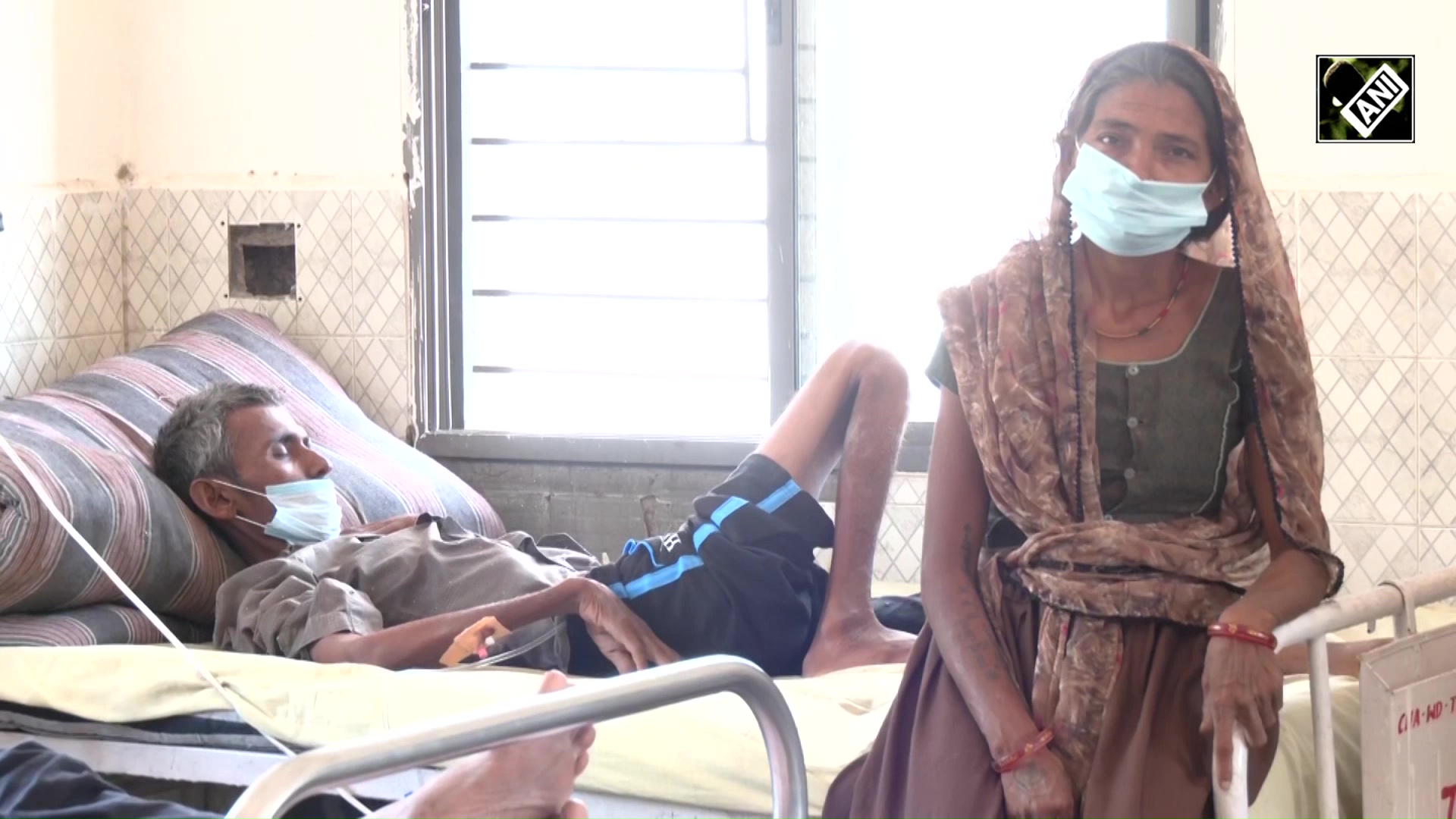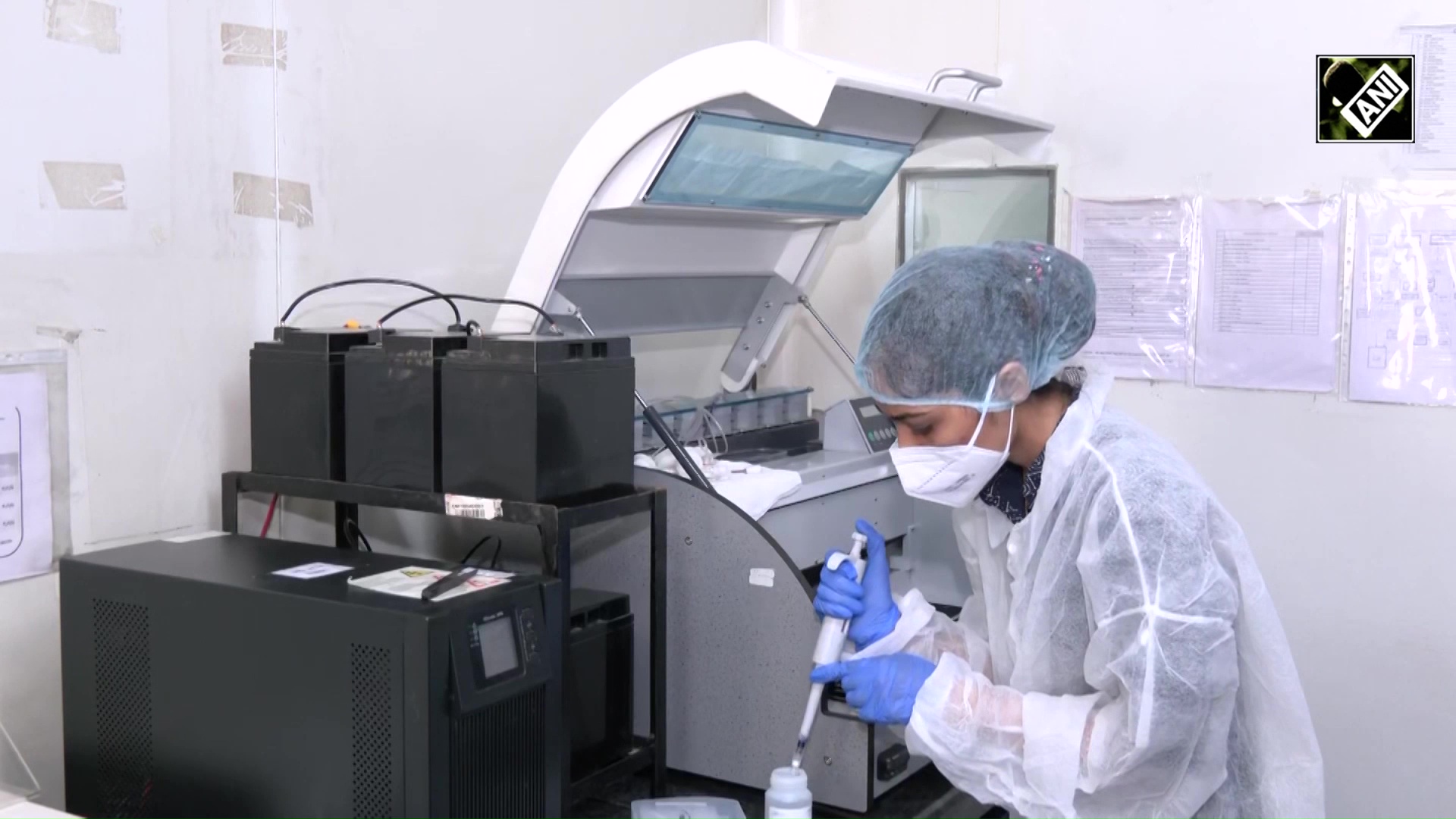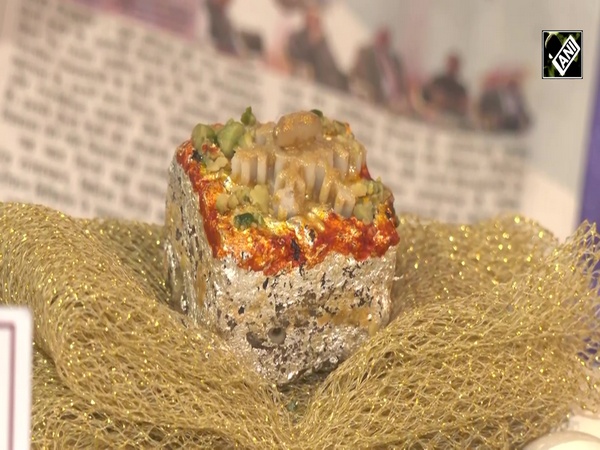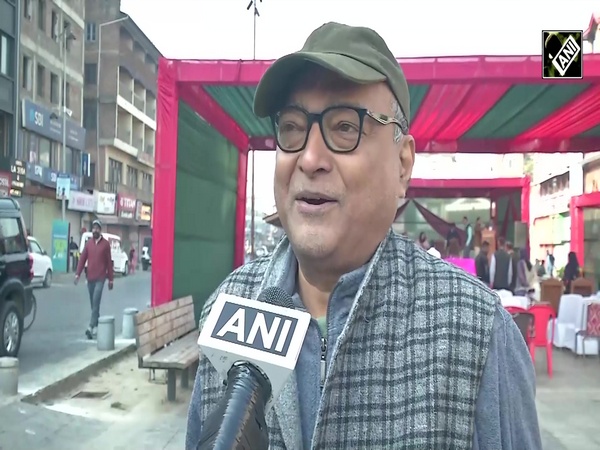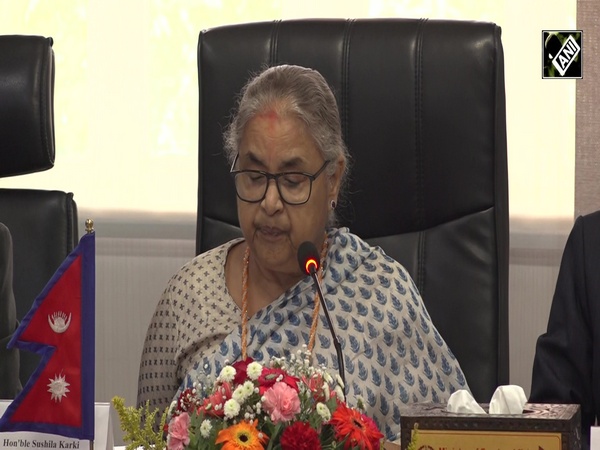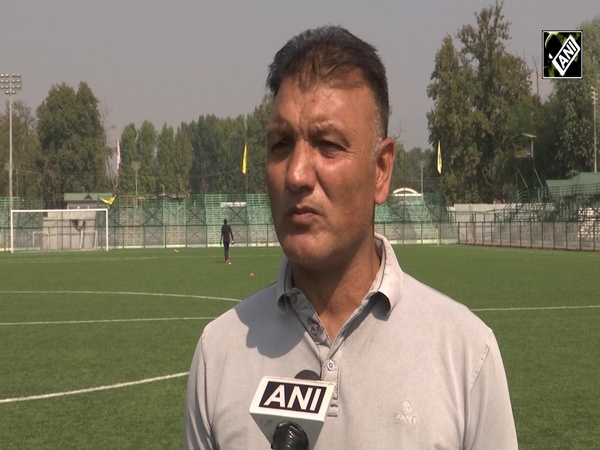Pak Senate committee raises alarm over contaminated water supply in Islamabad, Balochistan
Oct 02, 2024

Islamabad [Pakistan], October 2 : A Pakistani parliamentary panel has expressed serious concerns about the heavily contaminated drinking water in both urban and rural areas of Islamabad. Out of 127 tubewells in the federal capital, 22 were deemed unsuitable for human consumption.
During a meeting of the Senate Standing Committee on Water Resources, led by Senator Shahadat Awan, members discussed a survey conducted by the Pakistan Council of Research in Water Resources (PCRWR) in June 2024, which focused on water quality issues in Islamabad. The survey results were presented by the secretary of the Ministry of Water Resources, as reported by Dawn.
The secretary informed the committee that of the 127 tubewells surveyed, 105 were deemed safe, while 22 were classified as unsafe. Additionally, among the 108 water filtration plants, 69 were considered safe, and 39 were unsafe. In terms of 12 waterworks assessed, seven were found to be safe, while five were not. The situation in rural areas is particularly alarming; out of 41 water supply sources, 33 were deemed unsafe.
The secretary also reported that, out of 37 parameters tested, two significant contaminants--nitrates and microbial organisms--were detected in the water.
Committee Chairman Senator Shahadat Awan raised concerns about the unsafe water supply in the capital, noting that the situation has persisted since 2019. He expressed his dissatisfaction, describing it as alarming. He urged the secretary of water resources to consult with the Capital Development Authority (CDA) regarding this urgent issue and questioned why no action had been taken concerning the unsafe tubewells despite reminders from the relevant ministry.
He recommended that the CDA conduct another test, especially since water management officials claimed that 80 per cent of Islamabad's water situation had improved, a statement that contradicts the findings of the June 2024 report. Furthermore, he requested verification and analysis of the water supply sources in Islamabad to ensure the accuracy of the data.
In addition to water contamination, residents of the capital are facing a water shortage, needing approximately 220 million gallons per day (mgd), while the CDA currently supplies about 70 mgd in urban areas, primarily from Simly Dam, Khanpur Dam, and tubewells. In rural areas, residents depend on small water schemes or groundwater, but the underground water table is rapidly depleting, as reported by Dawn.
Despite the pressure on groundwater and the growing population, the CDA has not made significant efforts to explore new ways to enhance the water supply. Several projects have been proposed, such as small dams like Chiniot Dam, Shahdara Dam, and Chirah Dam (which would be shared with Rawalpindi), but construction has yet to begin. Similarly, a major initiative to deliver 100 mgd for Rawalpindi and Islamabad from Ghazi Barotha Dam, planned in 2007, has remained stuck in the planning stages.
During a briefing on groundwater depletion in Balochistan and the measures taken by the Ministry of Water Resources, the committee chairman noted that no survey had been conducted since 2021. Referencing the groundwater depletion crisis in neighboring Iran, Senator Awan emphasized the importance of preventing a similar situation in Pakistan.
He also inquired about the availability of accurate data on the number of tubewells installed since 2015, highlighting discrepancies in the information presented to the committee.
The secretary of the Ministry of Water Resources remarked that the worsening water situation in Balochistan was due to a failure to adhere to written directives. In response, the chairman urged the Balochistan Irrigation Department to halt the installation of additional tubewells in the province.
